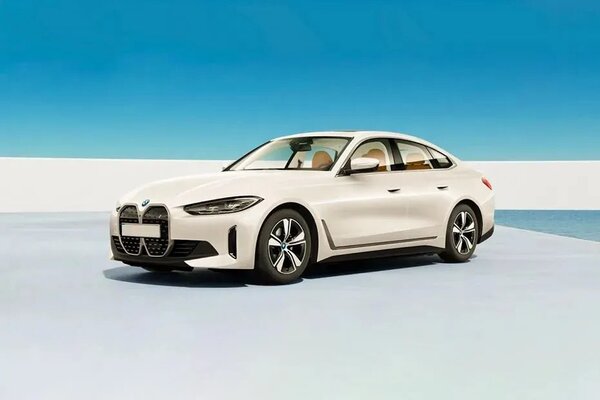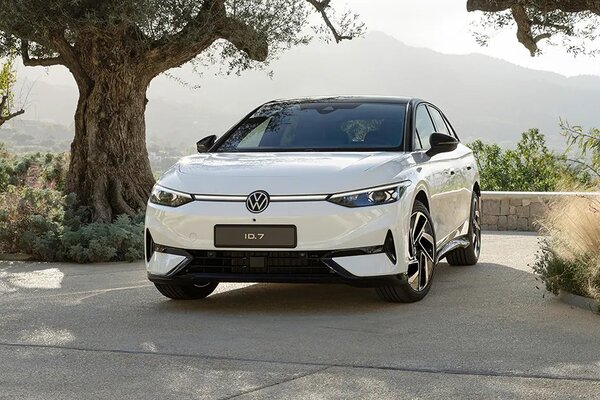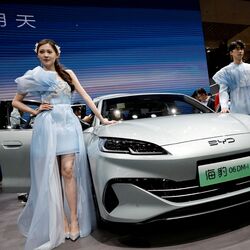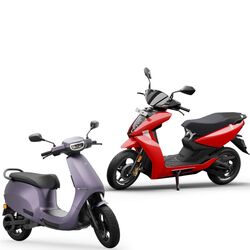Amid slowdown in EV sales, US relaxes mileage rule to favour carmakers
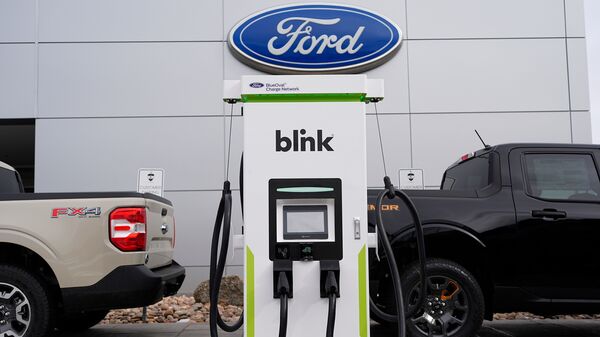

The Biden administration on Tuesday handed Detroit automakers a major win by easing proposed rules that would have forced them to scale back production of gas-guzzling vehicles or face billions of dollars in fines.
The Department of Energy decision, first reported by Reuters on Monday, significantly slows the phase-out of existing rules that give automakers extra fuel-economy credit for electric vehicles they currently sell. The real-world impact of the complex regulations has been to help US automakers meet federal standards for fleetwide fuel efficiency while they continue selling highly profitable gasoline-powered pickups and SUVs.
Also check these Cars
The rule is part of a larger set of Biden administration regulations being released starting this week, after intense discussions with automakers who have said they could not meet initial proposals for a much more aggressive EV transition. Those proposals called for much stricter emission standards with the goal of pushing EV market share to 67% of all new cars sold by 2032 from less than 8% last year.
The Detroit Three produce even fewer EVs as a share of their overall sales; Stellantis, which owns the Jeep SUV and Ram pickup brands, currently sells almost no EVs in the United States.
President Joe Biden’s retreat on the aggressive EV push comes as his 2024 re-election campaign faces a potential must-win scenario in the battleground state of Michigan, the hub of the US auto industry and much of its unionized workforce. His Republican opponent, Donald Trump, has charged that Biden’s policies will kill auto jobs and aid China’s surging electric-vehicle industry.
Environmentalists have long criticized the Energy Department rules for assigning unrealistically high fuel-economy values to electric vehicles, which are then figured in to fleetwide averages under federal Corporate Average Fuel Economy (CAFE) rules. The higher figures assigned to EVs help offset the values of gas-guzzling vehicles.
The current rules, for instance, credit the Ford F-150 Lightning electric pickup as getting the equivalent of 237.7 miles per gallon (mpg). The administration’s original proposal last year would have reduced that to 67.1 mpg, a more realistic estimate of its real-world efficiency compared with a gasoline-powered F-150.
Also Read : India approves new EV policy with tax cut on imported electric cars
The original Biden administration proposal would have lowered such “petroleum-equivalent fuel economy" ratings for EVs by 72% in 2027. The final rule will instead gradually reduce the equivalency ratings through 2030 by a total of 65%, giving automakers more time to adjust.
The industry cheered the Energy Department announcement. John Bozella, chief executive of the auto trade group Alliance for Automotive innovation, said the earlier proposal would "perversely disincentivize the production of battery electric vehicles" by scaling back EV fuel-economy credits that helped automakers meet federal regulations.
The new federal rules will govern all automakers selling US vehicles but the biggest impact will be on the Detroit Three because of their heavy reliance on sales of large trucks and SUVs.
Automakers and the United Auto Workers union have also raised alarms that the administration's prior proposal could have resulted in US automakers facing $10.5 billion in CAFE fines through 2032 for not meeting fuel-economy requirements.
General Motors would have faced $6.5 billion in fines, followed by Chrysler parent Stellantis with $3 billion, and Ford $1 billion through 2032. The National Highway Traffic Safety Administration is set to propose final revised CAFE rules this spring.
The Biden administration's final auto tailpipe emissions standards and related rules, including the Energy Department regulation announced on Tuesday, will give automakers more leeway to continue selling combustion vehicles, including gas-electric hybrids, through 2030.
Separately, the Environmental Protection Agency on Wednesday will unveil revised 2027-2032 vehicle emissions requirements that will also soften the blow to automakers by easing proposed rules through 2030 and then ramping up requirements through 2032.
EPA forecast last year the rules would result in automakers building 60% EVs by 2030; the final rules may allow automakers to build 50% EVs or less in 2030.
Ford, Toyota, Stellantis, Honda and Hyundai have reported increased sales of hybrid and plug-in hybrids in recent months. GM and Volkswagen are considering adding US plug-in hybrids, reversing earlier plans to go all-electric, executives have said.
Automakers, auto dealers and the UAW called the original EPA plan unrealistic.
Climate action groups and Tesla have urged the administration not to water down the EPA's initial proposals and instead impose stricter rules.
The National Resources Defense Council (NRDC) and Sierra Club had urged EV mileage rating reductions after the Energy Department left them unchanged for two decades. They argued high ratings meant a "relatively small number of EVs will mathematically guarantee compliance without meaningful improvements" in overall fleet efficiency.
Pete Huffman, senior attorney at NRDC, cheered the Energy Department's decision to eventually end higher EV ratings even though it slowed the phase-out.
"The automakers’ free ride is over," he said, adding that changes “will curtail automakers’ use of phantom credits they used to keep selling gas-guzzlers."







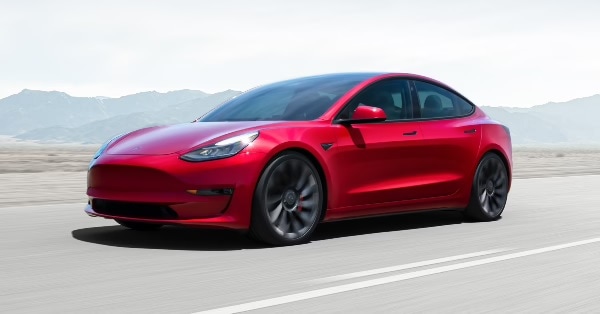
 82kWh
82kWh 555 km
555 km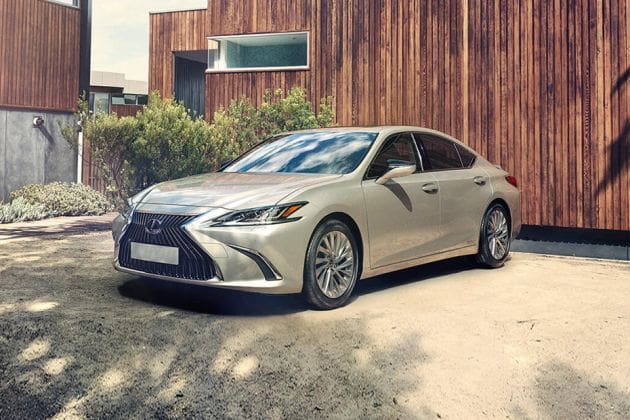
 2487.0 cc
2487.0 cc Multiple
Multiple